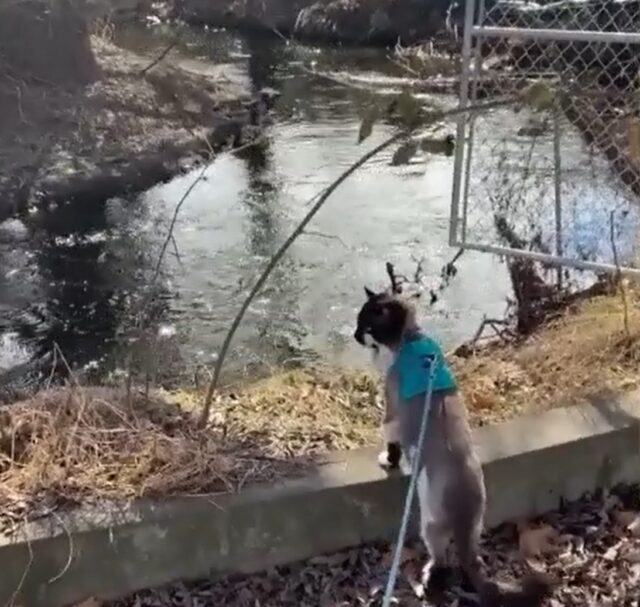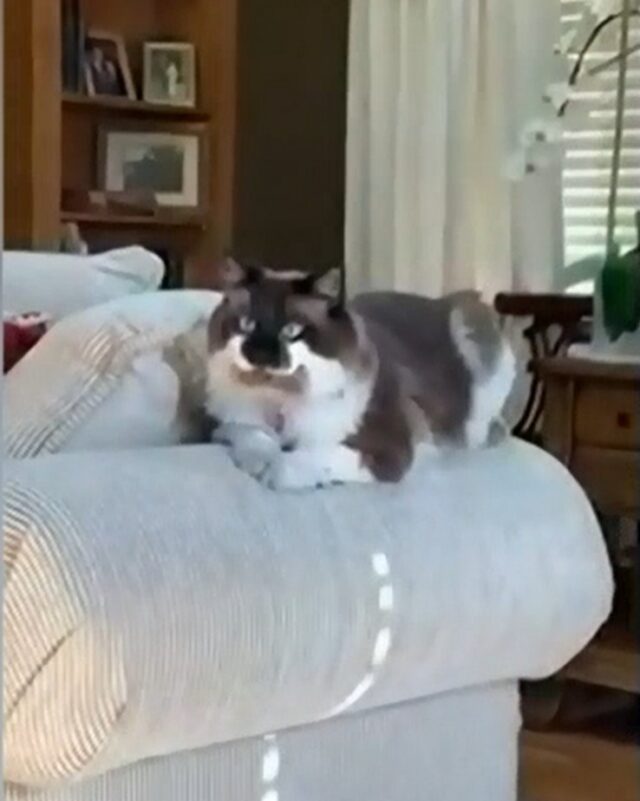When you love a cat, that love knows no bounds. You’d do anything for your cherished kitty. And for one Canadian cat mom, that includes ensuring her cat’s genetics will live on forever. Through cloning, Kelowna, B.C., resident Kris Stewart hopes to bring her beloved Ragdoll cat Bear to life once more with the help of ViaGen Pets.
The road to cloning her cat started when 5-year-old Bear was killed by a car. Kris was devastated. But through her heartache, she went to work looking for a veterinarian who could help her get the process started. Because she had looked into cloning her dog when he passed, she knew just what to do and how much money she’d be putting up to make her dream of bringing Bear back a reality.

Overcoming Grief with Hopes of Meeting Again
Talking about Bear to Angela Jung of CTV about her precious Bear, Kris Stewart shared, “It’s been such a loss for me. You know, it’s taken me a month to just be able to talk about it without being terribly emotional.”
But Kris had a plan.
“I want to make sure that his genetic makeup continues to live and breathe,” Kris explained. “This is what I’m hoping for: to kind of make Bear live forever.”
Kris explained the first thing she had to do was store Bear’s body at a specified temperature while she located a vet who could perform a biopsy to collect the needed cells.
“That was the tricky part, just making sure that they got the cells in perfect condition – and they did. I was relieved.”

She then shipped the cells overnight to ViaGen Pets, a pet cloning business based in Cedar Park, Texas. ViaGen then confirmed they had an estimated four million viable cells to work with, which would be more than enough to clone Bear.
When Kris tried to clone her Cocker Spaniel in the past, a storage issue left the cells non-viable. But with Bear, the cloning process is on track. And it’s looking like she might soon have a kitten that reminds her of Bear and his brilliance.
While Kris and many other cat parents are thrilled with the idea of cloning, others find it an odd concept. ViaGen Pets client service manager Melain Rodriguez thinks this comes from not knowing much about the process, explaining, “A cloned pet is just essentially an identical twin that is born at a different time.”

How Cloning A Cat Happens
Melain broke the process down for CTV, explaining that cloning begins when the nucleus is removed from a donor animal’s egg, and then millions of cells from the biopsy are added to the egg.
“We are making these embryos in a dish and then putting them into a womb, essentially with the surrogate,” Melain explained.

“This egg and cells are fused together and that part is sort of the magic of cloning. The egg is essentially tricked into thinking that it’s been fertilized by a sperm, but there’s no sperm involved.”
With enough viable cells, Melain told CTV, “The success rate is very high.”
The process is not cheap, though. Cloning a cat costs $35,000 while a cloned dog runs $50,000.

But to the expense, Kris said, “This is a viable thing. It really can happen if you’ve got access to some quick capital and you have a cherished pet, you can make this happen for yourself, too.”
And while she’s loved all her cats, the thought of having a kitty like Bear again is pretty special to her because, as she explained, “There’s no cat like Bear.”
H/T: www.bc.ctvnews.ca
Feature Image: screenshot, CTV News Vancouver
